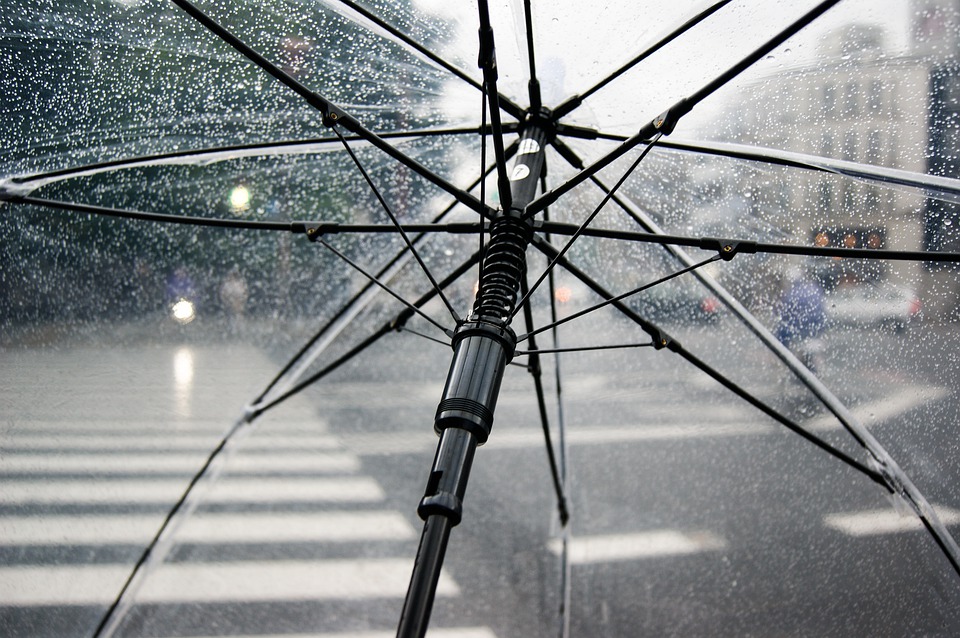The Covid delta variant is widespread, limiting activity and creating fear of new variations. People are nervous, which always limits spending. There’s very little of the ‘see you on the other side’ mentality that was a saving feature of 2020. What are the challenges that business operators will need to navigate in the next six months?
- Vaccine resisters are a tiny minority, but noisy – and if you expect young staff to handle them at the door, it’s an unfair contest. Governments will probably be reluctant to push hard on penalties, leaving business owners stuck in the middle. There will be a lot more rules for you to understand and navigate, including mandates on staff vaccination. Not easy.
- Government support grants will be nowhere near as generous as in 2020 and early 2021, and the eye-watering deficits built up by state and federal governments will be constantly used as a reason for cutbacks.
Shortages of supplies, labour and customers
- Supply chains are straining and shipping is congested. Australia is a long way from most regular shipping routes, and fragile connections have been severely disrupted. This applies to food supplies and all types of vehicles and equipment.
- China is being disrupted by a power crunch, regulatory crackdown and property turmoil. it’s our biggest trading partner and source of a majority of hospitality equipment. We’ve lost the 1.4 million Chinese tourists who visited each year, and the relationship between the two countries is testy – expect more difficulties.
- Tourism will be well-down, even if we are all keen to travel – nothing international for quite a while, and even interstate will be difficult. Very tough on regional areas.
- 720,000 missing international students – that’s the number who came to Australia in 2019. Their absence also creates a massive loss of customers and workers. 28% were from China, the largest group.
- Labour shortages are widespead in most industries, and for routine restaurant jobs, our low wages and unsociable work can’t compete. Work all weekend in a noisy restaurant, or Monday – Friday for a nursing home that pays properly? Or drive a forklift or delivery van. Not as ‘exciting’ but many people don’t want or need the restaurant buzz.
Prices rise for what we buy and what we sell
- Food and commodity prices are surging – you’ve already seen it. We’re part of international markets and farmers are doing very well at the minute. But if prices for dairy or seafood or grains soar overseas, the same will happen here.
- Menu price rises usually follow a rising cost of goods, but operators are usually most confident to do this during boom times. With large sections of the industry struggling, they’re unlikely to raise many prices to match supply costs.
- Oil, coal and gas prices are soaring – suddenly there are worldwide energy shortages, and the norther winter is approaching. Up go petrol prices, and gas producers are usually quick to follow. Locally we pay more than the gas export prices – go figure.
- Interest rates are being pushed up by Central banks. It’s slow at the minute, but we’re so used to falling rates and super-cheap finance, that any rise can be a jolt to confidence and real estate markets.
- Inflation will rise as a result of higher food and fuel costs – another number that’s been low for many years. This will quickly flow through to higher wage costs as a result of bargaining, and at the next national wage case.
Buckle up: find ways to do the work of three people with two, slim down your menu, speed up your throughput, embrace technology and be much more efficient.
🤚 Check the weekly discoveries on Hospo Reset – information & inspiration for restaurant, cafe & foodservice operators.

